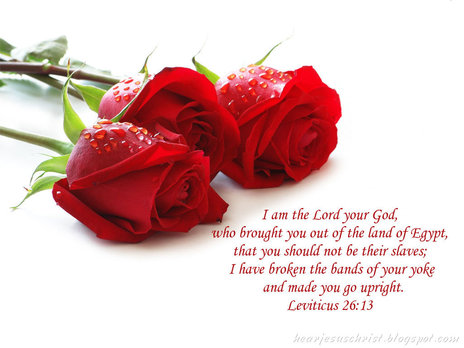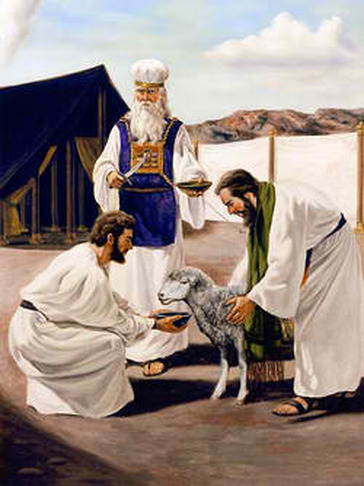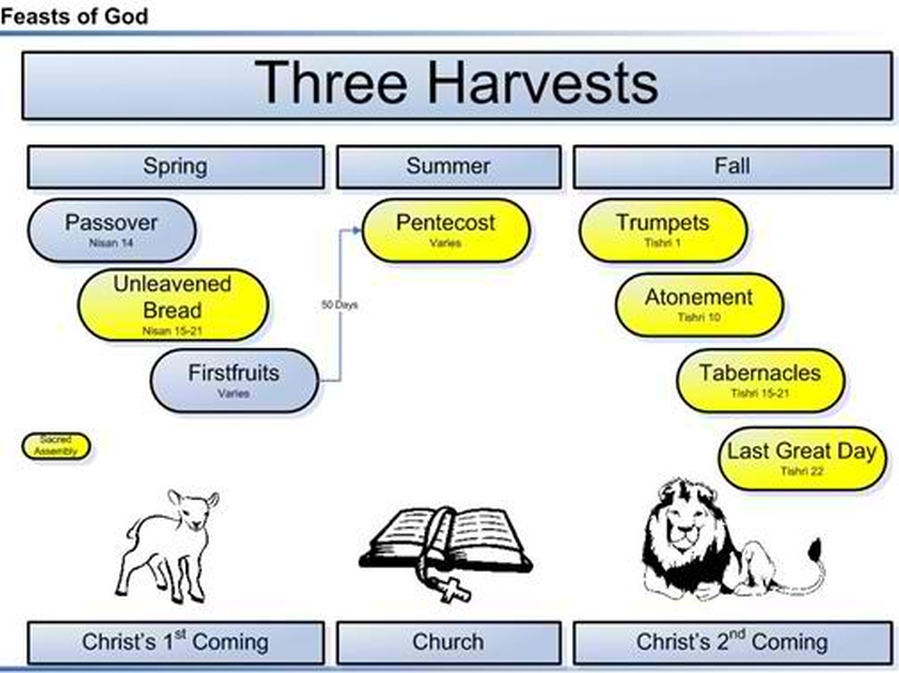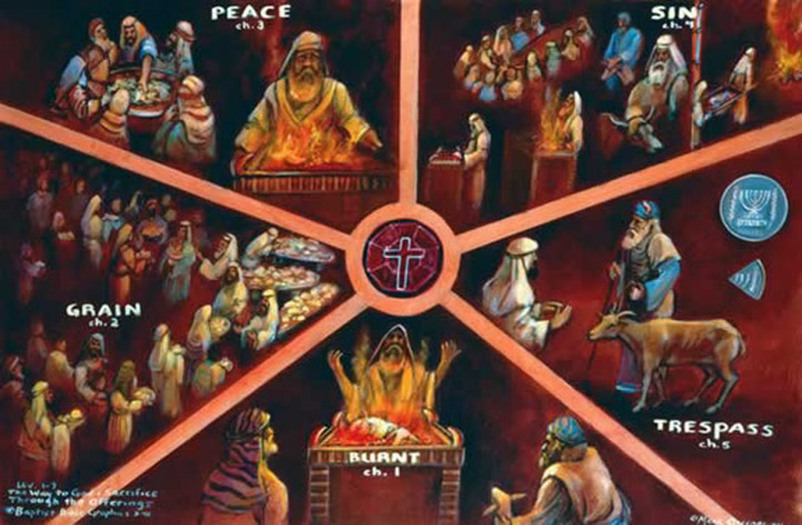The Book of Leviticus

The book of Leviticus is concerned mainly with the service of worship at the tabernacle. Leviticus receives its name from the Greek meaning "relating to the Levites." Where Exodus left off with the directions and erection of the tabernacle, Leviticus gives the laws and regulations for worship at the tabernacle, along with instructions on ceremonial cleanness, moral laws, holy days, the sabbath year, and the Year of Jubilee. Written by Moses, led by God, the key thought of Leviticus is holiness-the holiness of God and of man. The word 'Holy' is found more in Leviticus than any other book in the Bible. The instructions or laws in the book were given to help the Israelites worship and live as God's holy people. Some of the instructions deal with such things as offering sacrifices, handling everyday problems concerning cleanliness, and observing special holidays. The Levitical priests are also given special instructions for making sacrifices and carrying out God's commands.

The animal sacrifices of lambs, goats, calves, bulls, etc. are a foreshadowing of John the Baptist declaring, "Behold, the Lamb of God, who takes away the sin of the world!" God introduced that the forgiveness of sin requires the shedding of blood.
I. Laws and Instructions for Offerings (1:1-7:38)
II. Appointment of Aaron and His Sons as God's Priests (8:1-10:20)
III. Rules for Holy Living (11:1-15:33)
IV. The Day of Atonement (16:1-34)
V. Practical Holiness (17:1-22:33)
VI. The Sabbath, Feasts and Seasons (23:1-25:55)
VII. Conditions for God's Blessings (26:1-27:34)

From chapter 1-7, Sacrifice and Offerings are laid out for Priests and
individuals in detail. These passages also describe how to use the altar for
the sacrifices and the offerings to God.
In chapters 8-10, Moses describes the instructions for the Levitical
Priesthood, since Israel is to be “a kingdom of priests” (Ex. 19:6). He
does this from the doorway of his tent. Moses consecrates his brother Aaron and his sons who are the priests.
From chapters 11-15, Moses teaches the importance and procedures for things that are unclean. These include food, diseases, animals, insects, dead bodies, birth, cleaning and many others. God’s purpose of all this is to protect His people from the illnesses and diseases that come from these sources.
In chapter 16, Moses gives instruction about the Day of Atonement. This was the day out of the year that the High Priest cleanses and prepares himself ceremonially to meet with God. This ceremony only takes place once a year. The High Priest enters into the Holy of Holies and offers a sacrifice to God for sins on behalf of the entire nation of Israel.
Chapters 17-27 pertain to the laws that apply generally for living a holy
life. These are many laws including sexual immorality, idolatry, land laws,
more priestly laws, religious festivals and celebrations, the Sabbath year and the year of Jubilee.
The Foreshadowing of Jesus
In each chapter of Leviticus 1-5, the law of five different offerings is explained. Each of these offerings is a foreshadowing of the coming of our Savior, Jesus Christ, by whom the law was fulfilled.
|
Offering
Burnt |
Purpose
Voluntary act of worship; atonement for unintentional sin in general; expression of devotion, commitment and complete surrender to God |
Elements
bull, ram or male bird (dove or pigeon for the poor); wholly consumed; no defect |
Connection to Jesus
only offering that is completely consumed; Jesus offered ALL of Himself at Calvary and is the final burnt offering. |
|
Grain |
Voluntary act of worship; recognition of God's goodness and provisions; devotion to God |
grain, fine flour, olive oil, incense, baked bread (cakes or wafers), salt; no yeast or honey; accompanied burnt offering and peace offering (along with drink offering) |
no shedding of blood in this offering; the unleavened bread symbolizes the sinless body of Christ. In Luke 22:19 "And when He had taken some bread and given thanks, He broke it and gave it to them, saying, "This is my body which is given for you; do this in remembrance of Me." |
|
Peace (Fellowship) |
Voluntary act of worship; thanksgiving and fellowship (it included a communal meal) |
any animal without defect from herd or flock; variety of breads |
Jesus makes possible our peace with God, with each other, and within ourselves. Jesus is our Peace and the only way to the Father. John 14:27, Jesus says, "Peace I leave with you; My peace I give you; not as the world gives do I give to you. Do not let your heart be troubled, nor let it be fearful." As believers in Christ, we are in constant fellowship (union). John 15:5, Jesus says, "I am the vine, you are the branches; he who abides in Me and I in him, he bears much fruit, for apart from Me you can do nothing." |
|
Offering
Sin |
Purpose
Mandatory atonement for specific unintentional sin; confession of sin; forgiveness of sin; cleansing from defilement |
Elements
1) young bull: for high priest and congregation 2) male goat: for leader 3) female goat or lamb: for common person 4) dove or pigeon : for the poor 5) tenth of an ephah of fine flour: for the very poor |
Connection to Jesus
Placing a hand on the sacrificed animal's head was symbolic of transfering the sin to the innocent victim. This foreshadowed that our sin, guilt and condemnation was transferred to innocent Jesus when He took our sins upon Himself. 2 Corinthians 5:21, Paul says, "He made Him who knew no sin to be sin on our behalf, so that we might become the righteousness of God in Him." |
|
Guilt (Trespass) |
Mandatory atonement for unintentional sin requiring restitution; cleansing from defilement; make restitution; pay 20% fine |
ram or lamb |
Since Christ fulfilled the Law, the only way for us to be in constant right standing with God, is through our belief and trust in the finished work of Christ on the cross. By turning to Christ and away from things of this world, we become a new creation in Christ and experience a transformation from the old self ('in Adam') to the new self ('in Christ'). In Christ there is no condemnation (Romans 8:1).
|
continue to Numbers....
